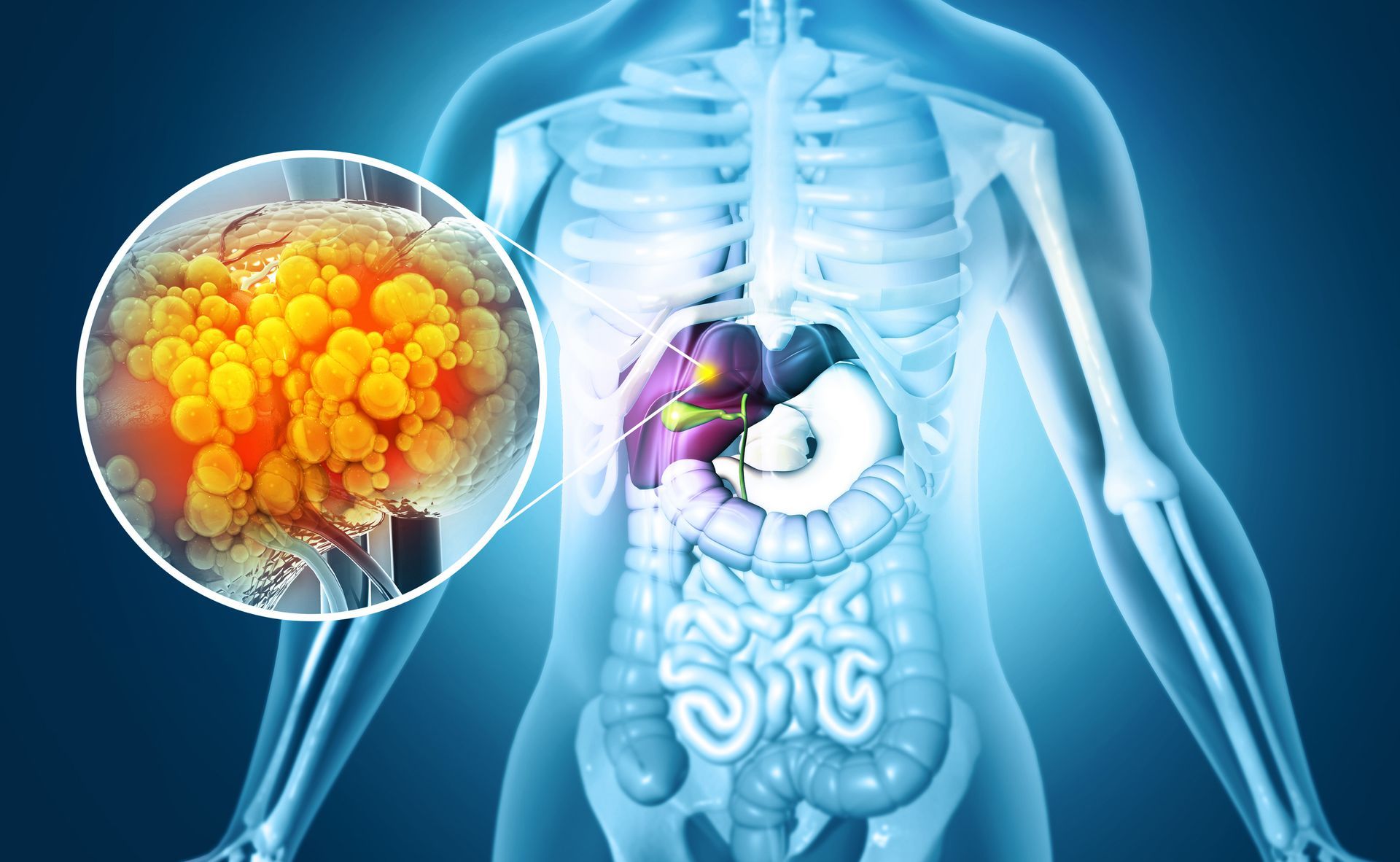What You Need to Know About Meckel’s Diverticulum

A bulging part of the gastrointestinal tract is known as a diverticulum. As these bulges, or outpouches, occur in all three gastrointestinal wall layers, the mucosa, muscle, and serosa, they can collect undigested food as it moves through the digestive system. If these pouches become infected or inflamed, they can create painful abdominal cramps and other issues. While diverticula tend to occur later in life, a congenital malformation of the digestive tract, known as Meckel’s Diverticulum, is a condition that is present at birth.
What is Meckel’s Diverticulum?
Meckel’s diverticulum is a true diverticulum that involves each layer of the intestinal wall. This congenital condition affects 2-4% of the population, making it the most common genetic disorder of the digestive system.
What are the Signs of Meckel’s Diverticulum?
Most people with Meckel’s diverticulum are asymptomatic; however, when symptoms do appear, they are typically presented in children under the age of two. These symptoms are similar to other digestive disorders, like appendicitis or Crohn’s disease, making it difficult to diagnose. These common symptoms include:
- Abdominal pain – Experiencing pain in the lower right quadrant of your abdomen and cramping can all be a sign of the irritation that is caused by the diverticulum.
- Bleeding – Sometimes, gastric juices and stomach acids can form an ulcer by entering the diverticulum, which can cause bleeding.
- Intestinal obstruction – Intussusception occurs when the diverticulum extends into another part of the intestine. This causes a bowel obstruction that can lead to other issues.
- Tenderness – Diverticulum can create tenderness near the belly button.
How is Meckel’s Diverticulum Treated?
Due to the majority of Meckel’s patients being asymptomatic, treatment is rarely needed. However, if symptoms do present themselves or a diverticulum is discovered, it can be removed via laparotomy or other surgical options.
Gastrointestinal issues need to be taken seriously. If you are experiencing discomfort, pain, or other digestive problems, the expert staff at Digestive Diseases Center are here to help.
CONTACT
850-763-5409
ADDRESSES
4 LOCATIONS
204 E 19th Street, B, Panama City
12216 Panama City Beach Pkwy, D, Panama City Beach
4295 3rd Ave, Marianna
101 Good Morning St., 109B, Port St. Joe
Subscribe to our newsletter:
subscribe to our newsletter
We will get back to you as soon as possible.
Please try again later.




